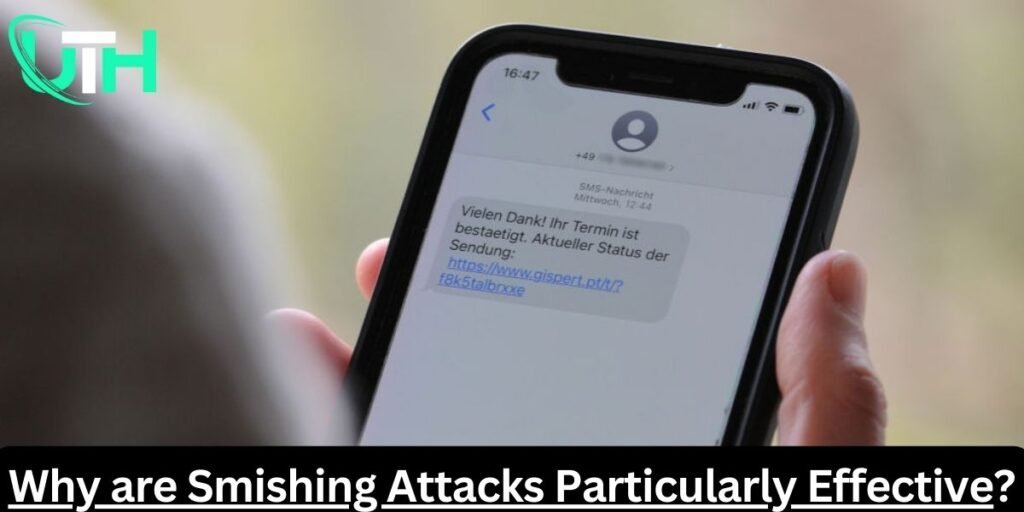Smishing attacks are particularly effective due to a combination of factors:
- High Open Rates: Text messages have a much higher open rate than fake emails. People are more likely to read a text message than an email, increasing the chance of falling victim to a smishing attack.
- Sense of Urgency: Smishing messages often create a sense of urgency or fear, such as a warning about a problem with your bank account or a missed delivery. This can lead people to act quickly without thinking critically about the message.
- Impersonation of Trusted Entities: Smishing messages often impersonate legitimate organizations, such as banks, delivery services, or government agencies. This can make the messages seem more credible and increase the likelihood of people following the instructions.
- Mobile Device Vulnerability: Mobile devices are often less secure than computers, making them more vulnerable to malware and other attacks. Smishing attacks can exploit these vulnerabilities to gain access to personal information.
- Lack of Awareness: Many people are not aware of smishing attacks and how to protect themselves. This makes them more likely to fall victim to these scams.
In addition to these factors, smishing attacks are becoming increasingly sophisticated, making them even more difficult to detect and avoid.
Read More
Scammers Target Toll Road Drivers with Smishing Scam Via Text Messages
USPS Warns of Smishing Scams During the Holiday Season
USPS Warns of Smishing Scams During the Holidays
What is Vishing in Cyber Security? Defination and Meaning, Attacks, Prevention.
